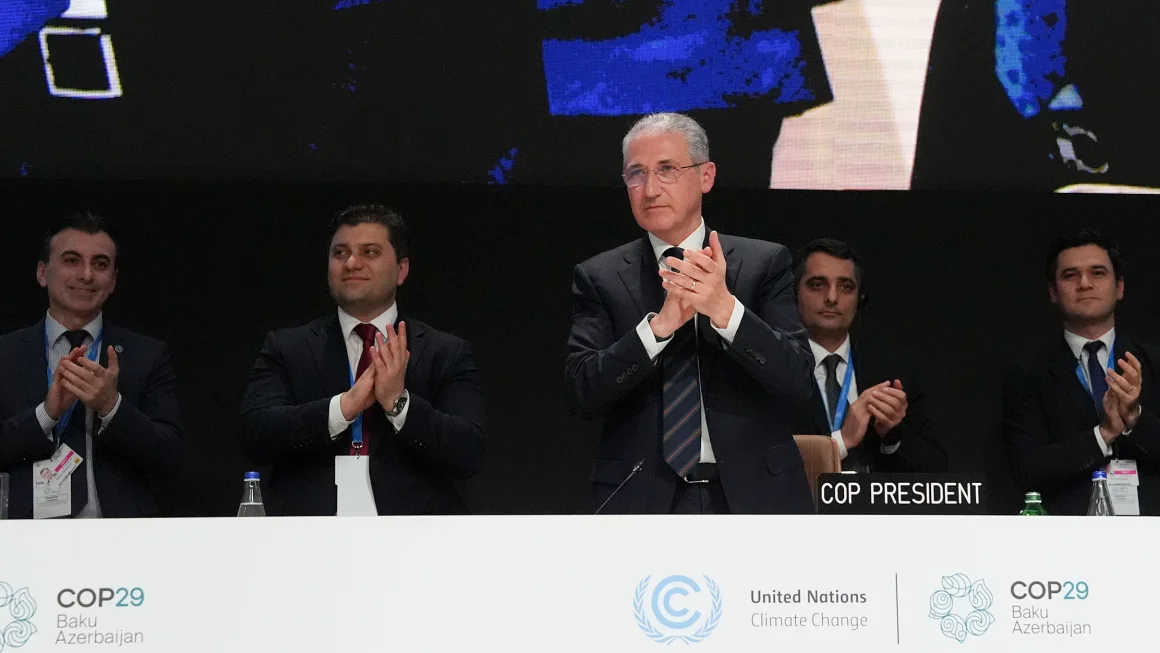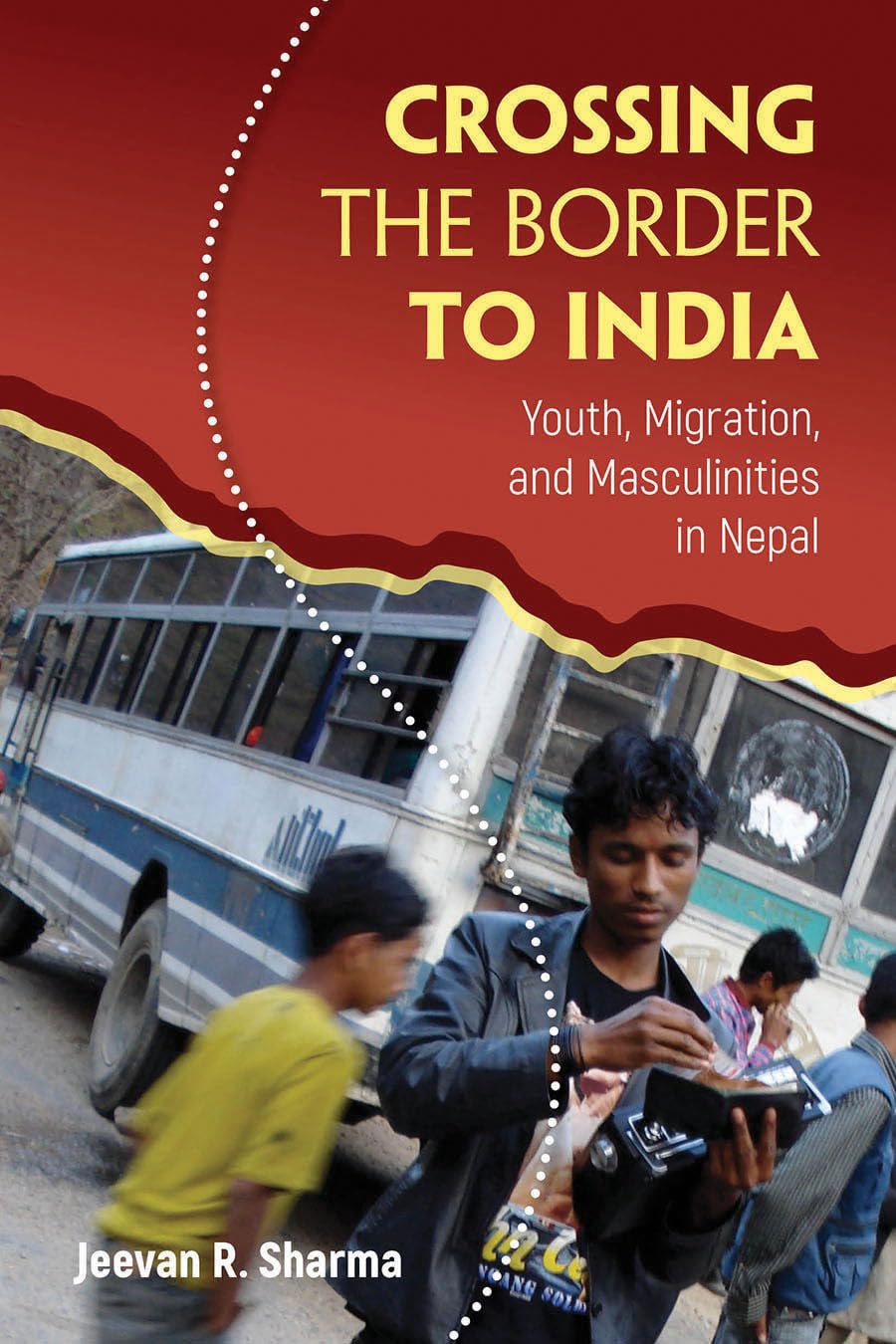World Agrees on COP29 Climate Deal Amid Criticism Over Insufficient Funding

BAKU, Azerbaijan – After weeks of tense negotiations at COP29, nearly 200 nations reached a new climate agreement early Sunday, committing wealthy countries to provide $300 billion annually by 2035 to help poorer nations combat the escalating impacts of climate change. However, the figure was widely criticized as inadequate.
The agreement came after chaotic negotiations marked by boycotts, political disputes, and a strong presence of fossil fuel interests. Talks nearly collapsed when representatives from vulnerable small island states and least-developed countries walked out on Saturday. Eventually, the deal was finalized more than 30 hours past the deadline.
“This new finance goal is an insurance policy for humanity,” said Simon Stiell, head of the UN Framework Convention on Climate Change. But the pledged amount falls far short of the $1.3 trillion that experts estimate is necessary. India’s representative Chandni Raina called the $300 billion a “paltry sum,” while Marshall Islands envoy Tina Stege criticized the talks for “political opportunism” and fossil fuel influence.
The deal focuses heavily on climate finance, requiring wealthy nations to provide funding through public and private channels. However, it only “encourages” contributions from richer emerging economies like China and Saudi Arabia, leaving developing nations concerned about debt traps from loan-based assistance.
COP29 unfolded against the backdrop of a record-hot year and increasingly extreme weather events, but it was overshadowed by political divisions and fossil fuel lobbying. More than 1,700 fossil fuel representatives attended, outnumbering most country delegations.
Climate activists slammed the summit for falling short. “This was meant to be the finance COP, but the Global North betrayed the Global South,” said Tasneem Essop of Climate Action Network. Despite the outcome, calls for greater accountability and increased funding persist.


















Facebook Comments